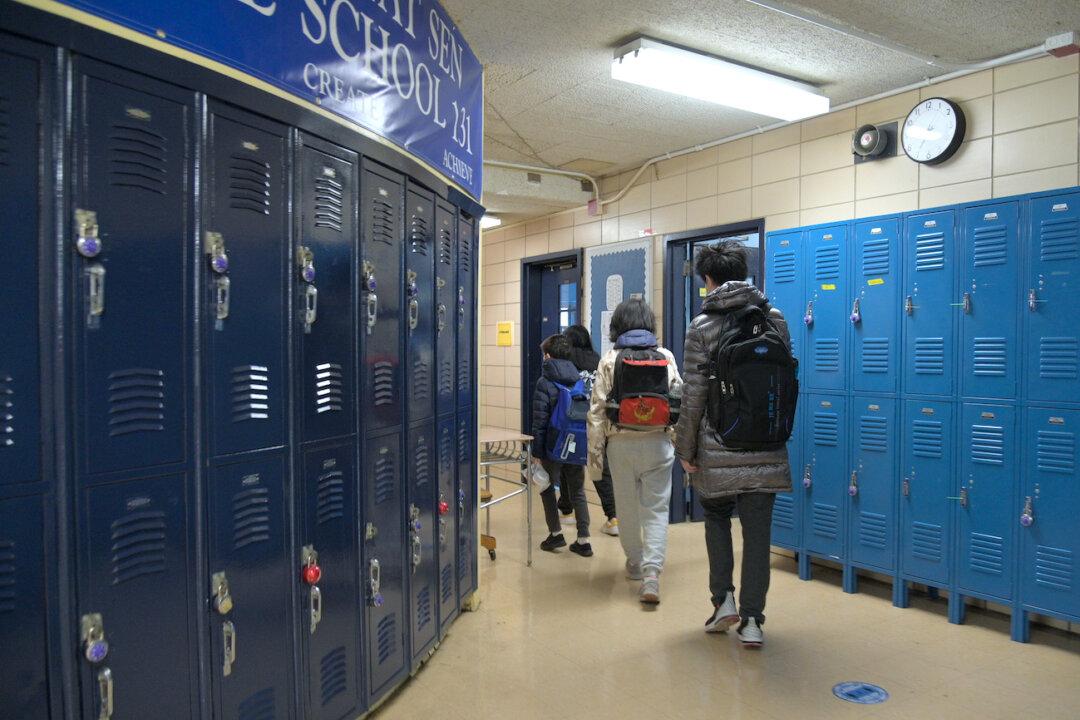The New York City Department of Education (NYCDOE) has blocked OpenAI’s ChatGPT service access on its networks and devices amid fears that students will use it to cheat on assignments and other school tasks.
ChatGPT is an artificial intelligence chatbot capable of producing content mimicking human speech. Accessible for free, the service can be used to generate essays, technical documents, and poetry, Chalkbeat New York reported. The program uses machine learning to pull and compile historical facts and even make logical arguments that sound convincing, all the while ensuring that the output remains grammatically correct.





